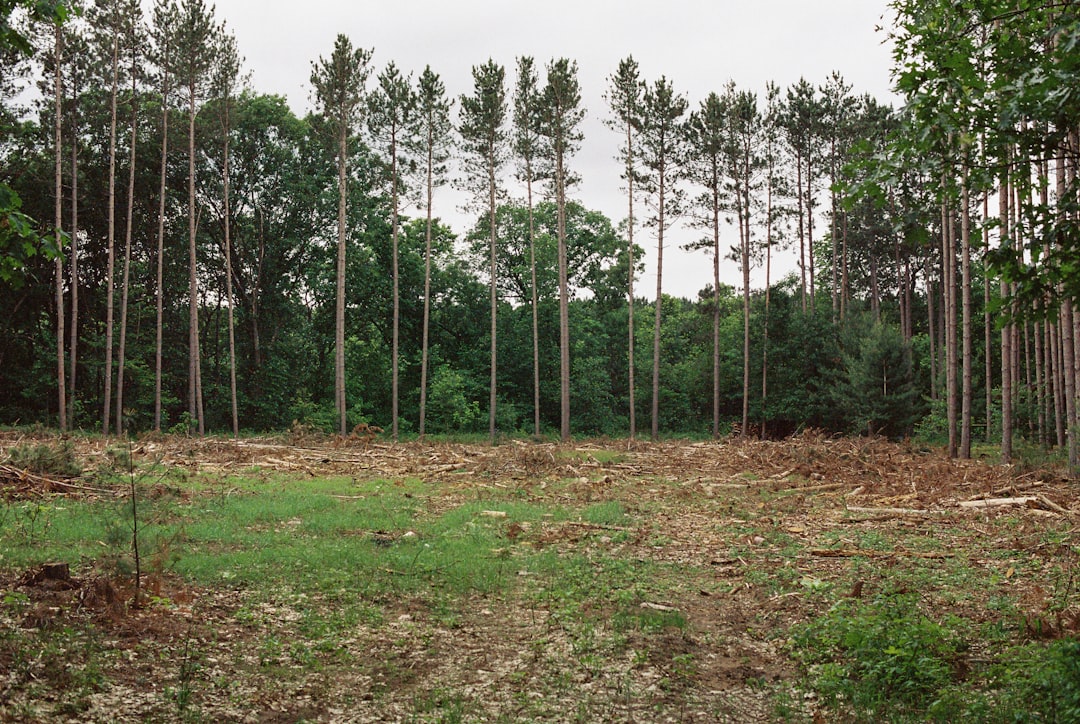Easements and rights of way
Market My Land Online: A Comprehensive Guide
Selling land online can be a daunting task with numerous variables to consider – from understanding the market dynamics to finalizing the transaction digitally. This guide will provide you with valuable insights and tips to navigate the process with confidence and success. By considering the critical aspects of selling your land online – from crafting an effective listing to legalities and digital closings – we will equip you with the knowledge needed to attract potential buyers and secure a fair deal.
Before diving into the world of online land sales, it is crucial to have a firm grasp of the market landscape. The online land market operates on an expansive set of dynamics, with a demand that can vary widely based on location, zoning, and other critical factors. Keeping abreast with market trends, pricing strategies, and buyer preferences can significantly impact your ability to sell. In essence, being well-informed is the cornerstone of successfully marketing and selling your land online.
It's also essential to understand the profile of potential online buyers. They range from real estate investors and developers to individuals looking for a piece of nature for personal use. Thus, your marketing strategies should be versatile and adaptable to cater to a broad audience. Similarly, knowing where these buyers typically scout for properties can further streamline your approach to targeting the right platforms, which we shall discuss in later sections of this guide.
Lastly, it is important to note that the internet has amplified competition. Your land is not just competing against neighboring plots, but against offerings from all over the country, and possibly internationally. This can both be a challenge and an opportunity, depending on how effectively you can position your land and leverage online tools to stand out.









